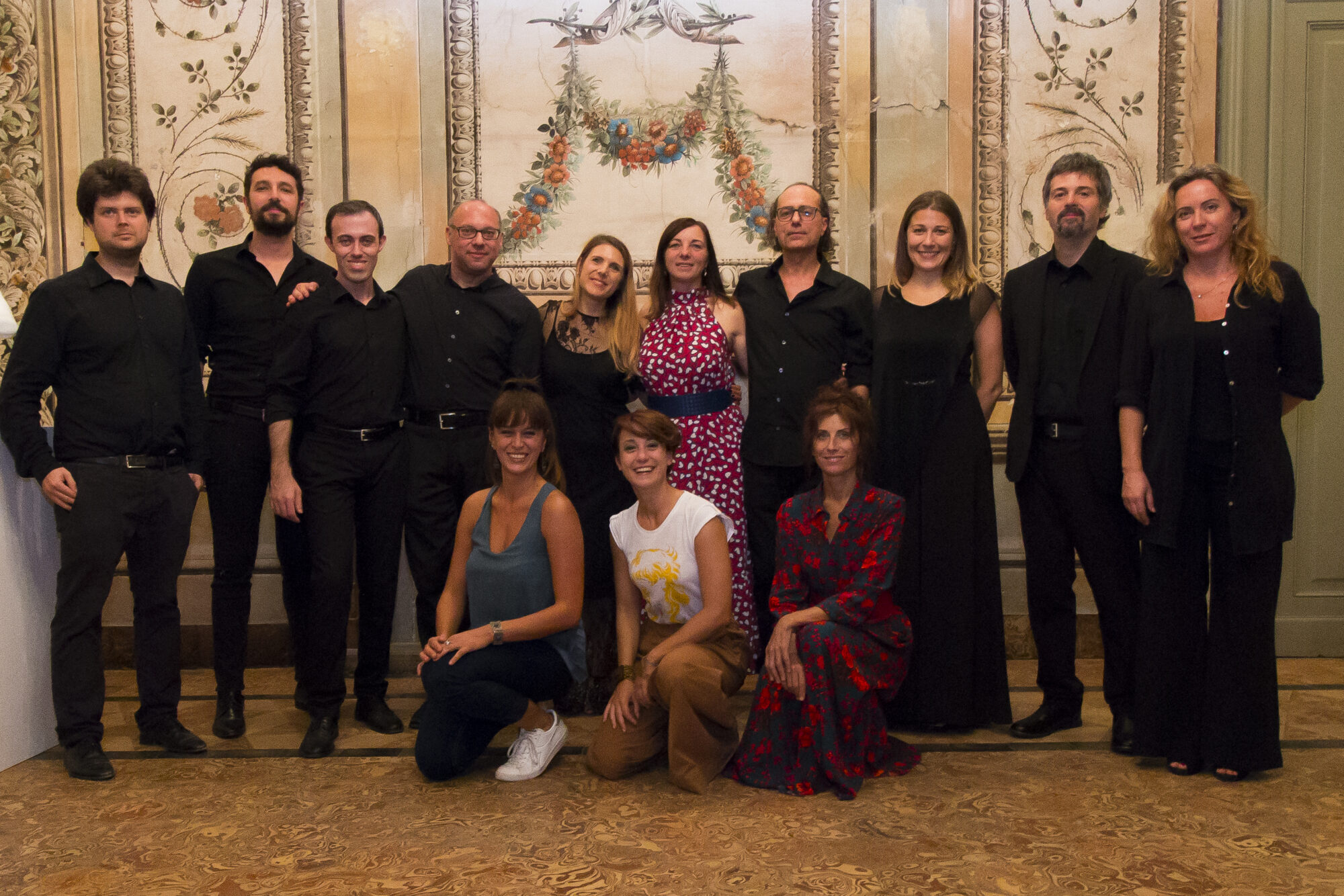I Nomòi furono inventati dal poeta e musico Terpandro. È molto difficile ipotizzare cosa fossero di preciso questi Nomòi . Questo termine, forse, significherebbe legge, per cui si può pensare che per metafora nella musica i Nomòi fossero melodie stabilite in modo preciso per le varie occasioni cui erano destinate o per gli effetti che avrebbero dovuto produrre (teoria dell’ethos musicale). Secondo Platone, i Nomòi più antichi furono composti per la lira; la legge musicale infatti si esprime proprio con questo strumento le cui corde sono già disposte secondo una determinata legge. Lo sviluppo di una musica regolata da leggi, presuppone un’educazione musicale e soprattutto la formazione di scuole in cui tale arte venisse insegnata e diffusa. La fioritura di scuole musicali ad Atene è posteriore a quella delle scuole di Sparta. La scuola Spartana era prevalentemente corale, questo sviluppo della musica, nella scuola Ateniese, era prevalentemente lirica, per la collettività, a livello scolastico, era legata spesso a celebrazioni, e\o a gare ginniche. Questo, rappresenta la prima tappa per la formazione della teoria dell’etica musicale, che ha lasciato l’impronta della sua concezione da Damone fino al Medioevo e ai giorni nostri. (Musicacolta.eu)
/
The Nomòi were invented by the poet and musician Terpandro. It is very difficult to say what exactly the Nomòi were. This term, perhaps, could mean law, so one may think that metaphorically in music the Nomòi were melodies established in a precise way for the different occasions they were intended to, or for the effects they should have produced ( theory of the musical ethos). According to Plato, the oldest nomoi were composed for the lyre; the musical law in fact expresses itself with this instrument whose strings are already arranged according to a specific law. The development of a music regulated by laws, implies a music education and especially the formation of schools in which this art could be taught and disseminated. The flowering of musical schools in Athens is back to the musical schools of Sparta. The Spartan school was mostly choral, on the contrary, the Athenian school, was mainly lyrical, community, at school level, was often linked to celebrations, and \ or athletic games. This represents the first stage in the formation of the musical theory , which has left its imprint of its conception from Damone to the Middle Ages and the present day. (Musicacolta.eu)
